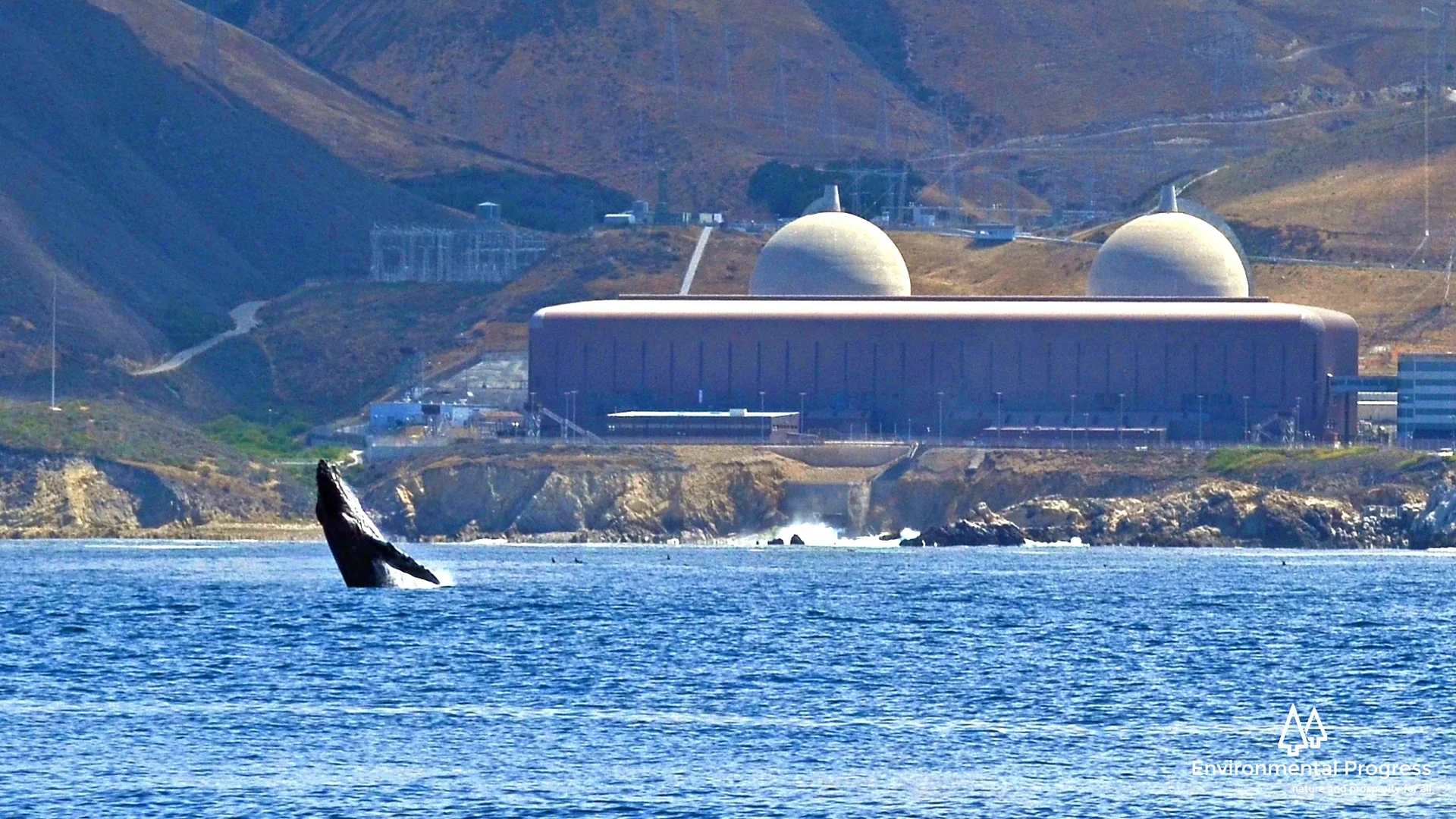For many conservation scientists, nuclear energy is a no-brainer: it is not only very low-pollution, its small land-use footprint means that it leaves more room for nature. By contrast, solar plants require 150 times more land than nuclear.
That's why dozens of conservation scientists are working with Environmental Progress to urge action to protect nuclear plants from premature closure.
In January 2016, conservation scientists urged California officials and Pacific Gas and Electric to keep Diablo Canyon nuclear plant running its full lifetime.
““Keeping Diablo Canyon open will result in greater protection for California’s spectacular natural environment, while closing it would reduce it,” they wrote. “If Diablo goes away, so too will the possibility of land conservation purchased by PG&E for mitigation. And because Diablo Canyon’s land footprint is so small, it will very likely be replaced by electricity from power plants, whether fossil or renewable, whose footprint is much larger.””
In March 2016, conservation scientists urged Illinois lawmakers and utilities to protect and expand clean energy.
““Illinois’ nuclear plants are at risk of being closed prematurely in part because they are excluded from federal and state clean energy policies,” they wrote. “It would take many years for the Illinois wind and solar sectors, which together comprise six percent of the state’s current generation, to grow enough to replace nuclear’s output. And because solar and wind cannot provide the reliable power of nuclear, much of the nuclear energy would have to be made up for with coal or natural gas.””
Conservation scientists first spoke out in 2015, when 75 leading scientists issued an open letter to environmental groups, urging them to reverse their opposition to nuclear energy.
“Although renewable energy sources like wind and solar will likely make increasing contributions to future energy production, these technology options face real-world problems of scalability, cost, material and land use, meaning that it is too risky to rely on them as the only alternatives to fossil fuels.”

